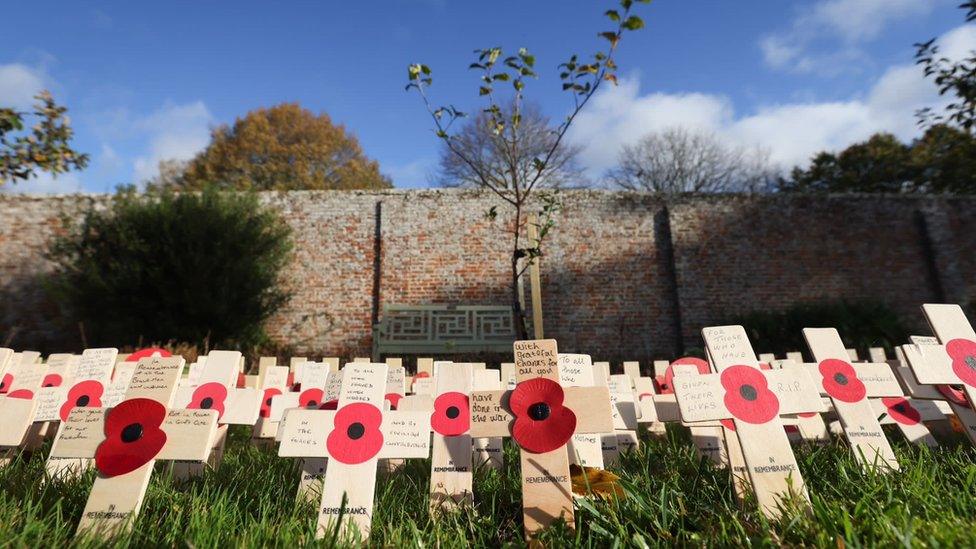'Fitting' WW2 tribute to open in country park
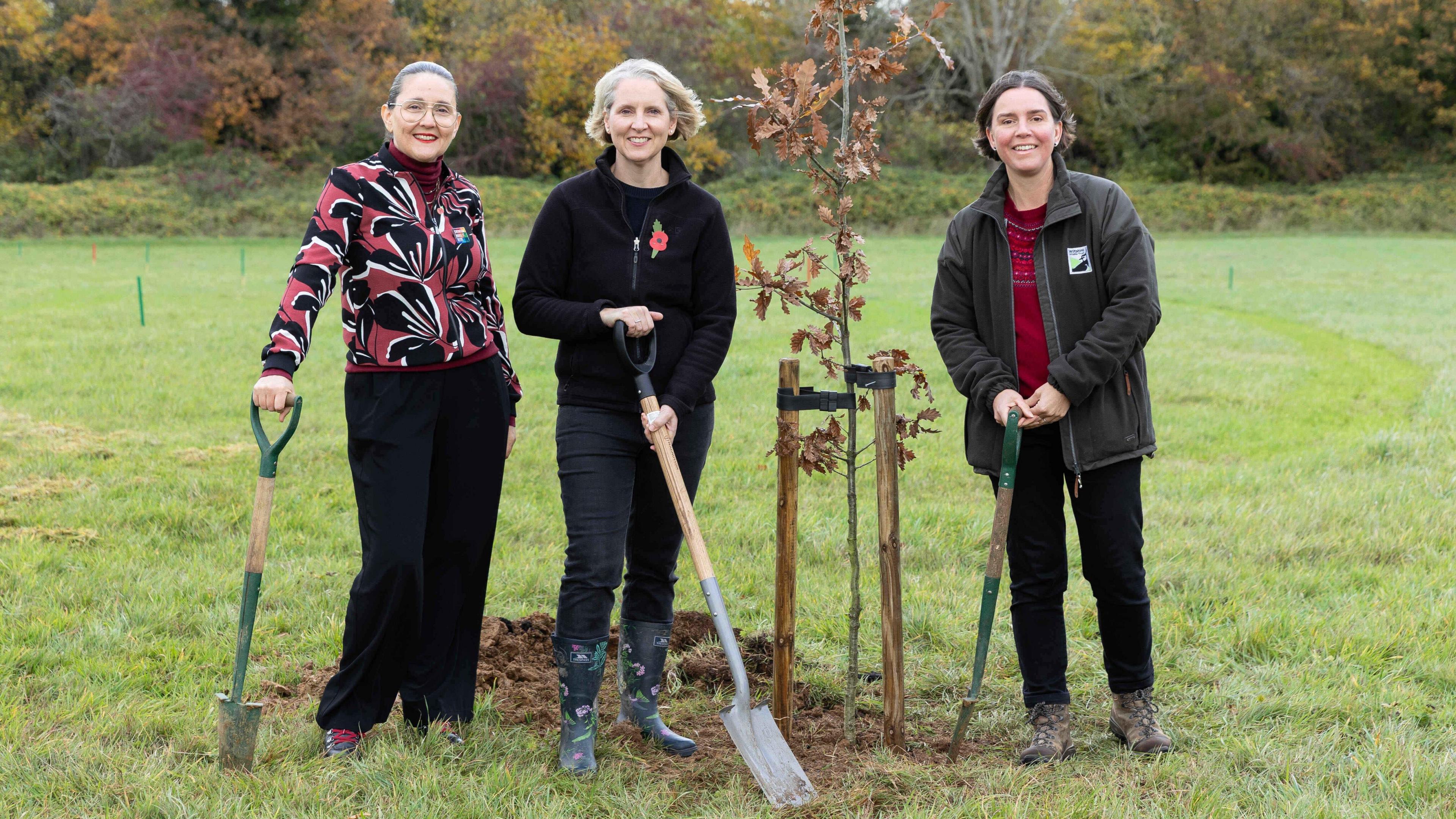
(L-R) Councillor Marina Strinkovsky, Environment Secretary Emma Reynolds and Wiltshire Wildlife Trust CEO Jo Lewis planting trees for the project
- Published
A tribute to people who died during World War Two has been created at a country park.
The 80 Oaks Labyrinth at Lydiard Park in Swindon will open to the public on Sunday, marking 80 years since the end of the war.
The park hosted American military personnel during the conflict, and was also a prisoner of war hospital.
Councillor Marina Strinkovsky, cabinet member for placemaking and planning at Swindon Borough Council, said: "The new 80 Oaks Labyrinth is a fitting tribute to the important role that Lydiard Park played during the Second World War."
During the war, the park was used as an American station hospital for the 101st Airborne Division, treating D-Day casualties.
Visitors to the park will be able to read about its history on display boards.
The oak trees have been planted in a labyrinth format with a circle of continuous, concentric paths between them.
The project was funded by the government's Trees for Climate initiative and the trees were supplied by the Wiltshire Wildlife Trust.
The trust oversaw the planting with the help of local volunteers, community groups and councillors.
Ms Strinkovsky added: "It is a poignant way to mark the 80th anniversary of the end of the Second World War, creating a tranquil space in nature where present and future visitors to Lydiard Park can reflect on the service and sacrifices the Armed Forces made on our behalf."
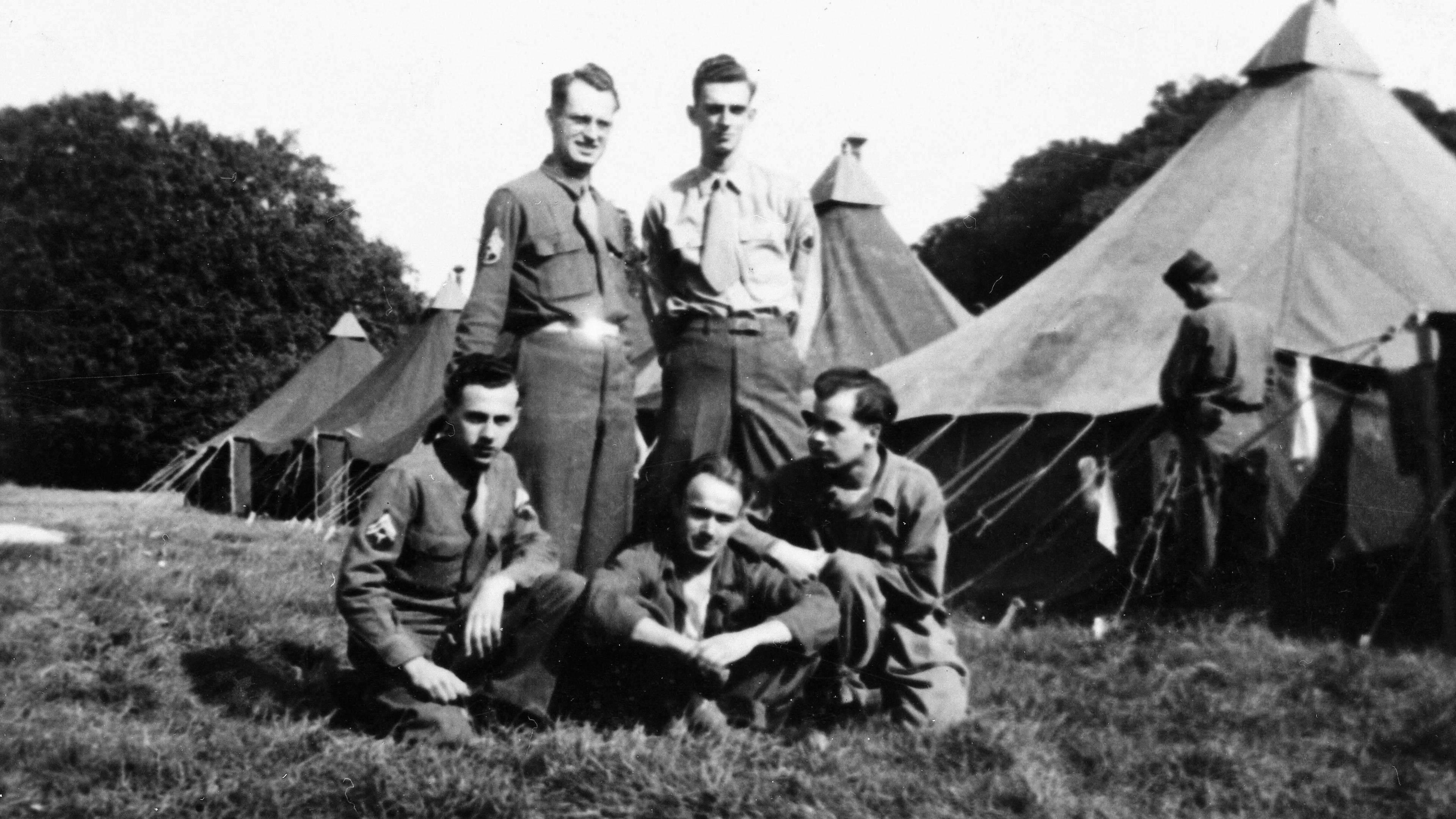
A group of US Army soldiers at Lydiard Park Camp during World War Two
John Wood, collections and exhibitions manager at Swindon Museums, said the park had "so much rich history".
"Lots of people visit Lydiard everyday, they enjoy the parkland, they use it as a space to walk with their families, walk with their pets, but actually, when you look closely at Lydiard, you can see much more to it.
"The trees can help people and just guide them to think and look a little more deeply into the parkland," he added.
Get in touch
Tell us which stories we should cover in Wiltshire
Follow BBC Wiltshire on Facebook, external, X, external and Instagram, external. Send your story ideas to us on email or via WhatsApp on 0800 313 4630.
Related topics
- Published14 April
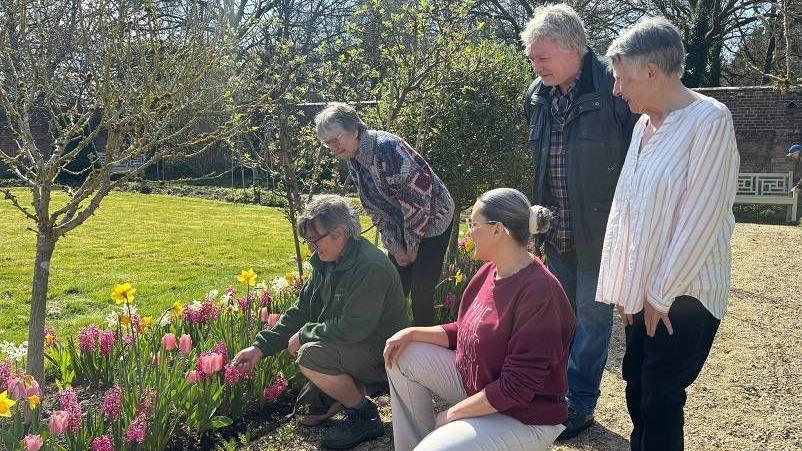
- Published18 August 2022
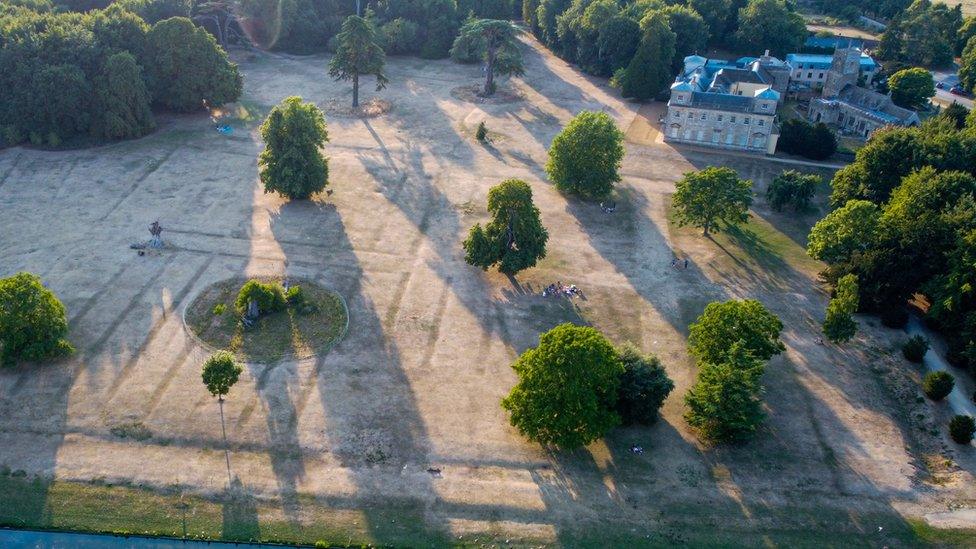
- Published30 October 2022
